Arminius: From friend of Rome, to German Leader at the Teutoburg Forest Battle
Over the centuries, Arminius and the battle of the Teutoburg Forest have left their footprint in history.

Arminius, also known as Hermann, was a chieftain of the Germanic Cherusci tribe, husband of Thusnelda and is most renowned for his critical role in the Battle of the Teutoburg Forest in 9 AD, where his forces annihilated three Roman legions led by Publius Quinctilius Varu.
Who was Arminius?
Arminius, a significant historical figure, is thought to have been born around 16 BCE to Segimer, the chief of the Cherusci tribe. As the Romans began expanding their empire into German territories, starting under Caesar's leadership, they integrated some noble German families into Roman society. This included taking chieftains' sons into their care and raising them in the Roman way.
Arminius and his younger brother, Flavus, both served in the Roman army, adopted Roman names, and gained full Roman citizenship upon reaching adulthood. Arminius led his own auxiliary unit of Cherusci-Roman troops in various military campaigns for Rome. He learned to speak Latin and achieved equestrian status within Roman society. (Who is Arminius? A hanbook, by Danielle Torres. University of Vermont Undergraduate Honors Thesis College of Arts and Sciences)
Arminius married Thusnelda, a Germanic princess and daughter of the pro-Roman Cheruscan prince Segestes. Following the Battle of the Teutoburg Forest, around AD 14, Arminius abducted and impregnated Thusnelda. This act likely stemmed from a conflict between Arminius and Segestes, who opposed their union.
In May of 15, the Roman general Germanicus captured Thusnelda, who was then pregnant and living with her father. Arminius was deeply distressed by her capture and never remarried. Tacitus noted that the loss of Thusnelda drove Arminius to madness, describing him as "driven to frenzy" by the event.
“Arminius, with his naturally furious temper, was driven to frenzy by the seizure of his wife and the foredooming to slavery of his wife's unborn child. He flew hither and thither among the Cherusci, demanding "war against Segestes, war against Caesar." And he refrained not from taunts”.
Tacitus, Annals
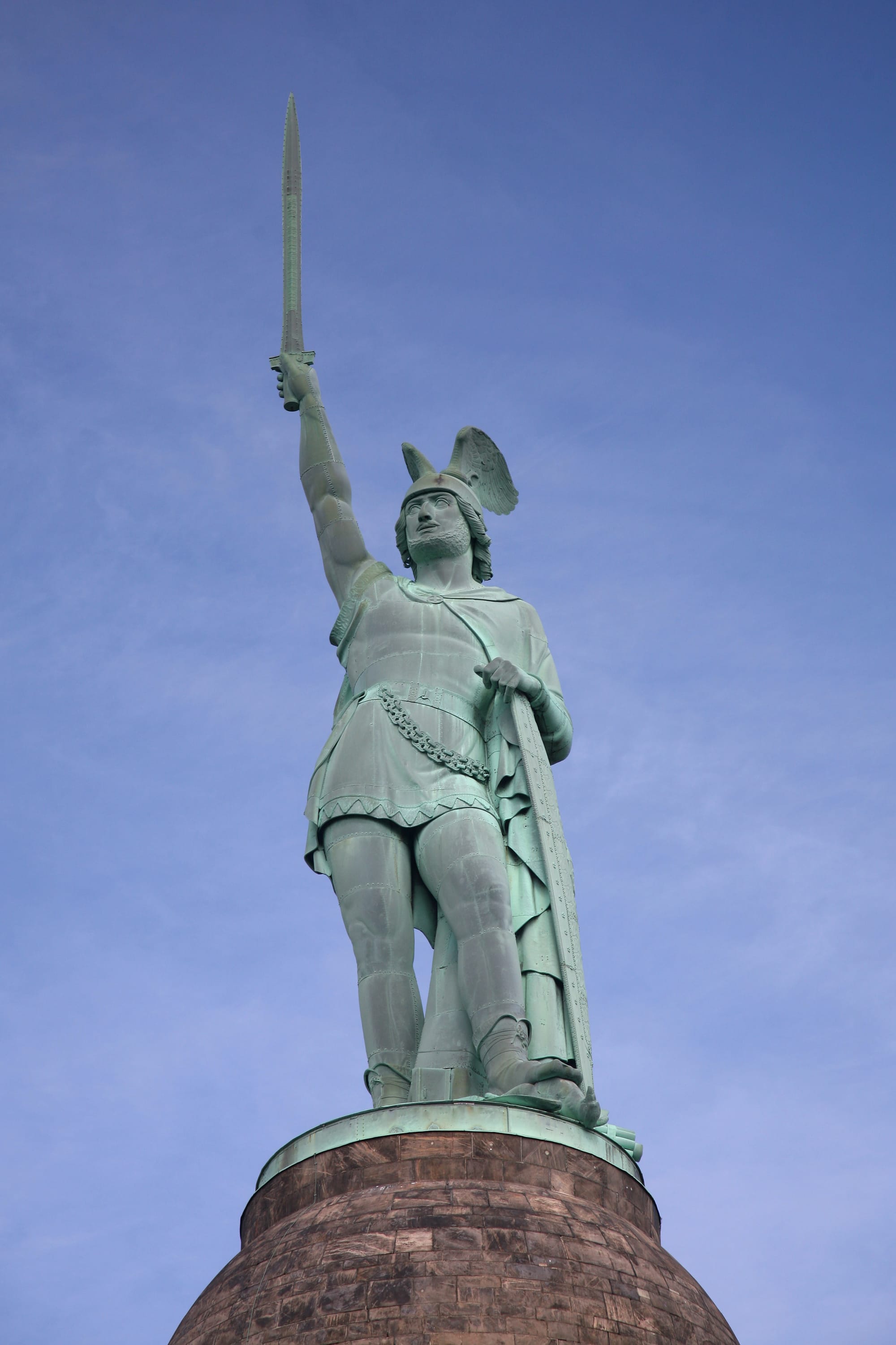
Arminius according to Roman Historians
Amongst the most famous records of Arminius is the following passage from Pliny the Elder, describing his genealogy and heritage:
The Cherusci were the most celebrated of all the German tribes and are mentioned by Caesar as of the same importance as the Suevi, from whom they were separated by the Silva Bacensis.
There is some difficulty in stating their exact locality, but it is generally supposed that their country extended from the Visurgis or Weser in the west to the Albis or Elbe in the east, and from Melibocus in the north to the neighbourhood of the Sudeti in the south, so that the Chamavi and Langobardi were their northern neighbours, the Chatti the western, the Hermunduri the southern, and the Silingi and Semnones their eastern neighbours.
This tribe, under their chief Arminius, forming a confederation with many smaller tribes in A.D. 9, completely defeated the Romans in the famous battle of the Teutoburg Forest. In later times they were conquered by the Chatti, so that Ptolemy speaks of them only as a small tribe on the south of the Hartz mountain. Their name afterwards appears, in the beginning of the fourth century, in the con federation of the Franks. (Pliny the Elder, The Natural History)
Those who supported the notion that the Rhine was not the eastern boundary of France found evidence in Tacitus' writings. Tacitus noted that, in ancient times, tribes he referred to as Germanic occupied territories west of the Rhine. Four years after Tacitus' mention, significant portions of his text were cited in the Epithoma of German History.
The editio princeps of Tacitus' Annales Books 1-6, released in 1515, highlighted the role of the Cheruscan chieftain Arminius in the first two books. Arminius is portrayed as both Rome's greatest and most successful enemy and as a counterpoint to the popular Roman figure, Germanicus. At the end of the second book, Tacitus describes Arminius in his obituary as liberator haud dubie Germaniae, an undefeated liberator of Germania.
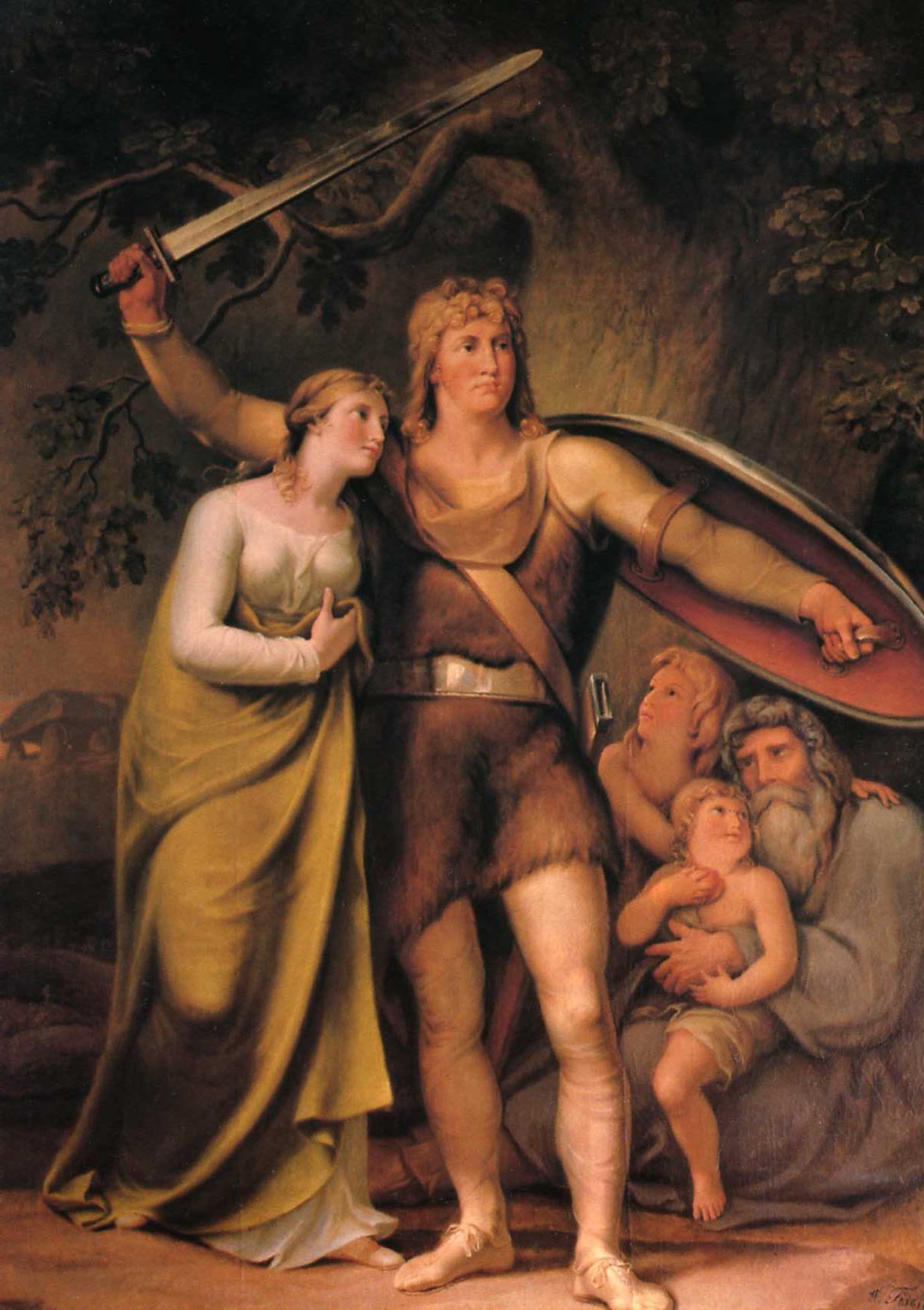
Battle of the Teutoburg Forest
While serving in the Roman army, Arminius secretly planned a Germanic uprising against Roman rule. This plot culminated in the ambush and annihilation of three Roman legions in the Teutoburg Forest. In the autumn of AD 9, Arminius, led an ambush against the Roman commander Publius Quinctilius Varus and his three lower Rhine legions in the Teutoburg Forest.
The battle had a profound impact, triggering the Germanic Wars that lasted several years. The Roman Empire never regained control over Germania, the territories beyond the Rhine River. Known as the clades Variana (Varian disaster) in Latin and the Varusschlacht (Varus’s battle) or Hermannsschlacht (Hermann’s battle) among German historians, this battle is considered one of Rome's greatest defeats.
Arminius, the orchestrator of this battle, was then the prince of the Cherusci Clan near modern-day Hannover. Prior to the Varusschlacht, Arminius and the Cherusci were strong Roman allies, and Varus even trusted Arminius as an advisor. Despite his high status in Roman society, Arminius betrayed the Romans, leading them into a deadly trap by instructing Varus to march his legions through the Teutoburg Forest.
"Germania" originally referred to a specific tribe along the Rhine and did not denote a unified nation. Various Teutonic tribes were dispersed across a vast wilderness extending from modern-day Holland to Poland. The Romans knew little about this densely forested region, governed by fiercely independent chieftains, and their ignorance proved costly.
Ancient historians suggest several reasons why the Roman legate Publius Quinctilius Varus set out with confidence in September AD 9. Leading approximately 15,000 seasoned legionnaires from their summer quarters on the Weser River, in present-day northwestern Germany, Varus moved west towards permanent bases near the Rhine. Their mission was to investigate reports of an uprising among local tribes.
Varus, aged 55, was connected to the imperial family through marriage and had previously served as Emperor Augustus’ representative in Syria (including modern Lebanon and Israel), where he had quelled ethnic disturbances. To Augustus, Varus likely seemed the ideal candidate to civilize the so-called barbarous tribes of Germany.
Ancient sources report that the massacre lasted between one and four days, resulting in approximately all 15,000 Roman soldiers being killed or enslaved. Upon hearing the news of this disaster, Emperor Augustus famously exclaimed, “Quintilius Varus, give me back my legions!”
In response to this disaster, Tiberius and Germanicus, members of the imperial family, launched multiple campaigns against Arminius, but he always managed to evade capture. Ironically, Arminius met his end in AD 21 when he was murdered by his own clansmen, who feared his growing ambition and tyrannical tendencies. (Arminius the turbulator by Conor O’Riordan)
In 1987, near Kalkriese, northeast of Osnabrück, a British army officer using a metal detector uncovered a significant number of coins dating back to before AD 9. This discovery prompted continuous excavation efforts. Over time, it became clear that this site was where Arminius ambushed Varus and his legions.
Among the remarkable findings were Roman projectiles, masks, human and animal bones, and extensive sections of the rampart where the Germans concealed themselves. The proximity of the hill to the nearby moor, only about 900 meters, makes it easy to imagine how the massacre unfolded, with the barbarians driving the Romans into the swamp. Tacitus vividly described this scene when Germanicus arrived with his troops in AD 15.
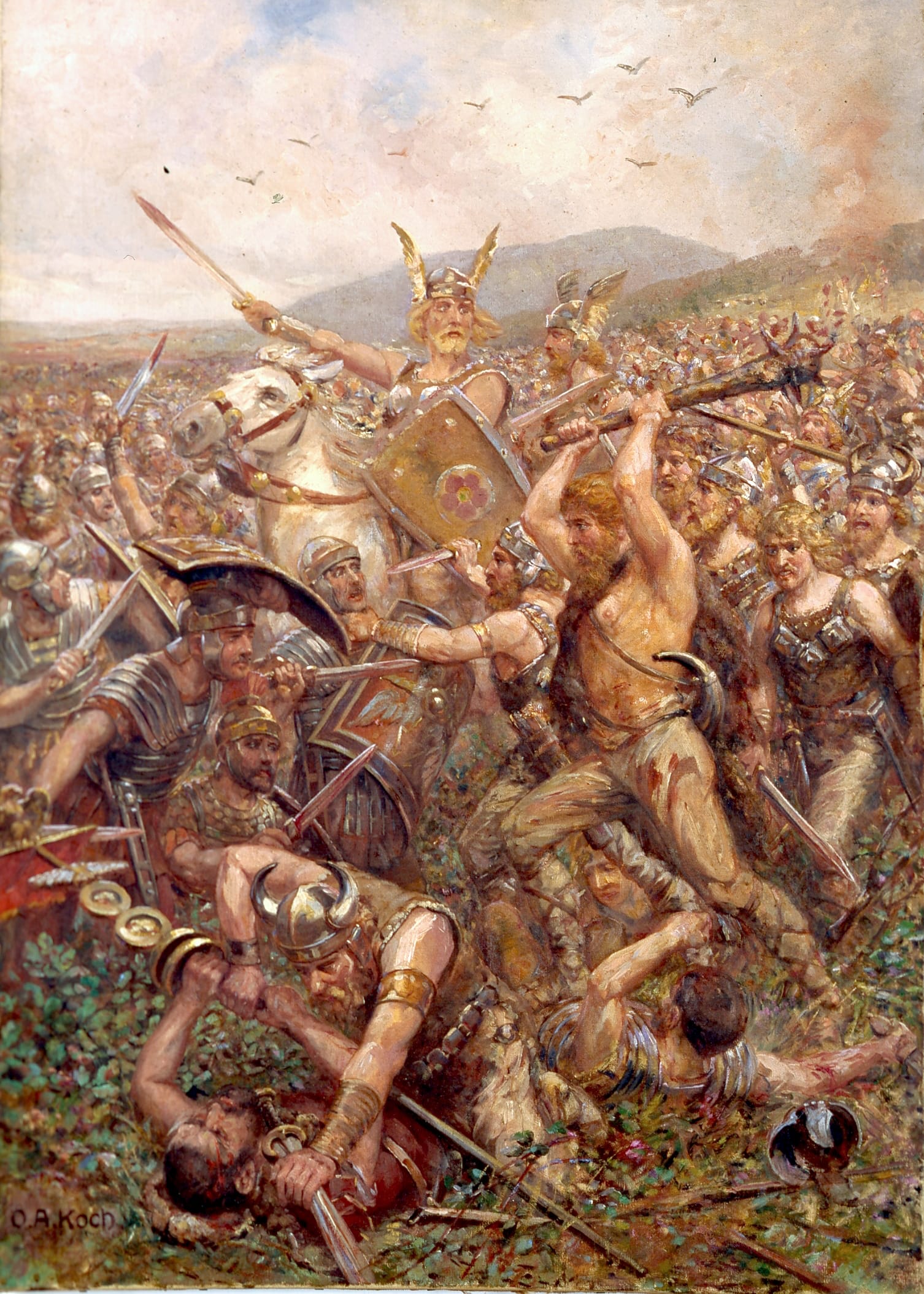
“. . . they visited the mournful scenes, with their horrible sights and associations. Varus' first camp with its wide circumference and the measurements of its central space clearly indicated the handiwork of three legions.
Further on, the partially fallen rampart and the shallow fosse suggested the inference that it was a shattered remnant of the army which had there taken up a position.
In the centre of the field were the whitening bones of men, as they had fled, or stood their ground, strewn everywhere or piled in heaps. Near, lay fragments of weapons and limbs of horses, and also human heads, prominently nailed to trunks of trees.
In the adjacent groves were the barbarous altars, on which they had immolated tribunes and first-rank centurions. Some survivors of the disaster who had escaped from the battle or captivity, described how this was the spot where the officers fell, how yonder the eagles were captured, where Varus was pierced by his first wound, where too by the stroke of his own ill-starred hand he found for himself death.
They pointed out too the raised ground from which Arminius had harangued his army, the number of gibbets for the captives, the pits for the living, and how in his exultation heinsulted the standards and eagles.”
Arminius into Hermann: History into Legend, Herbert W. Benario
Had the Battle of Teutoburg Forest not occurred, the Roman Empire might have extended its reach to the Elbe River, further to the Baltic Sea, and possibly eastward into modern-day Russia.
However, the devastating defeat in the Teutoburg Forest halted the Romans' expansion efforts beyond the Rhine River. This river subsequently became the definitive border between the Roman Empire and Germania for the next four centuries. The Rhine still marks the cultural divide between Latin Western Europe and Germanic Central Europe. (The battle that stopped Rome. Emperor Augustus, Arminius and the slaughter of the legions in the Teutoburg forest by Peter S. Wells)
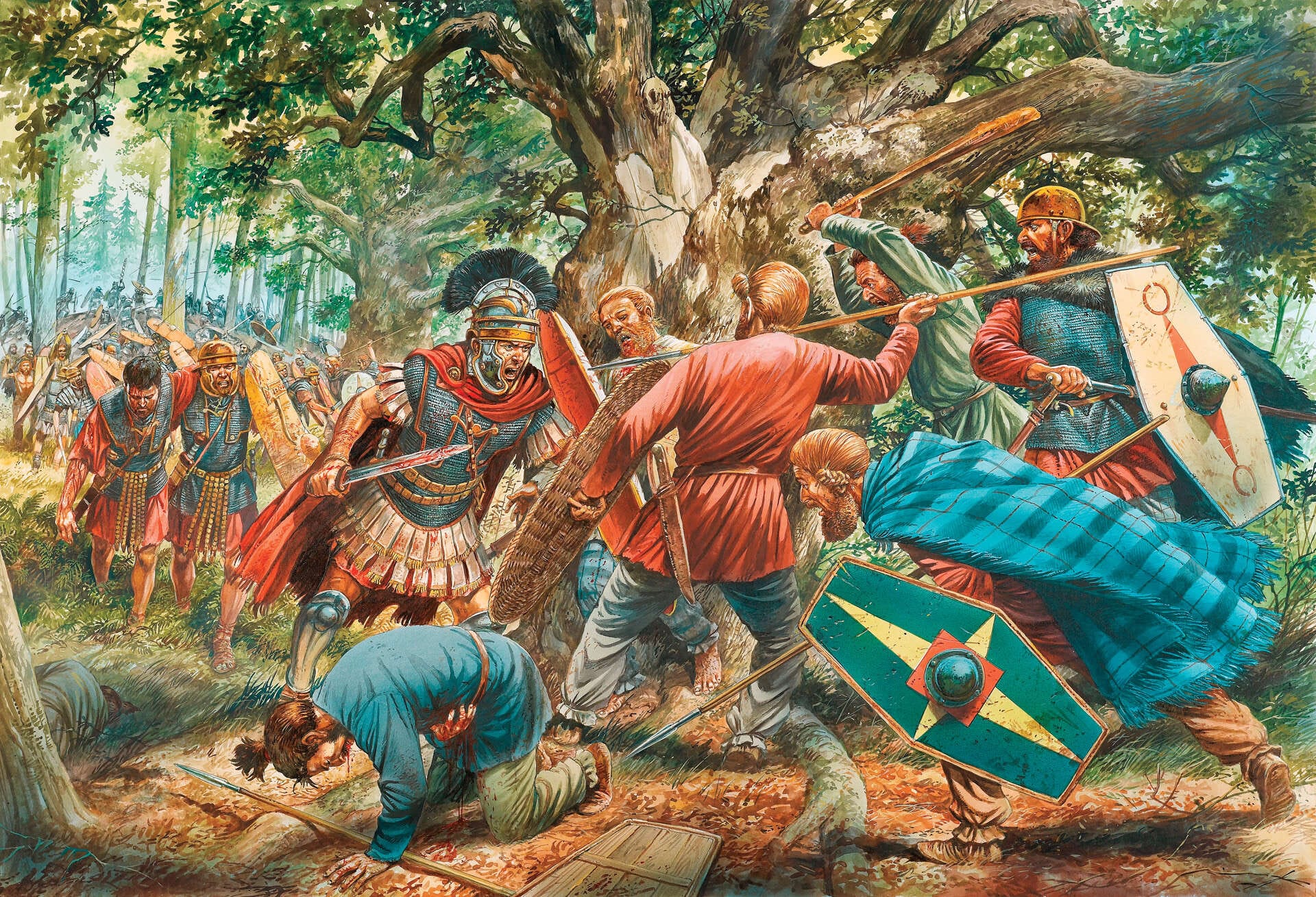
The Roman perception of the Germans
The Romans cultivated an advanced worldview that they effectively disseminated through various mediums such as literature, inscriptions, architecture, art, and grand public ceremonies. They promoted the idea that Rome epitomized peace, good governance, and the rule of law. In contrast, societies that Rome clashed with were often portrayed as barbaric, lawless, and menacing.
In Julius Caesar's renowned Commentarii de Bello Gallico (Commentaries on the Gallic War) from the 50s BC, he gave his Roman audience a terrifying depiction of the Germanic tribes he encountered:
“The various tribes regard it as their greatest glory to lay waste as much as possible of the land around them and to keep it uninhabited. They hold it a proof of a people's valour to drive their neighbours from their homes, so that no-one dare settle near them. No discredit attaches to plundering raids outside tribal frontiers. The Germans say that they serve to keep young men in training and prevent them from getting lazy.”
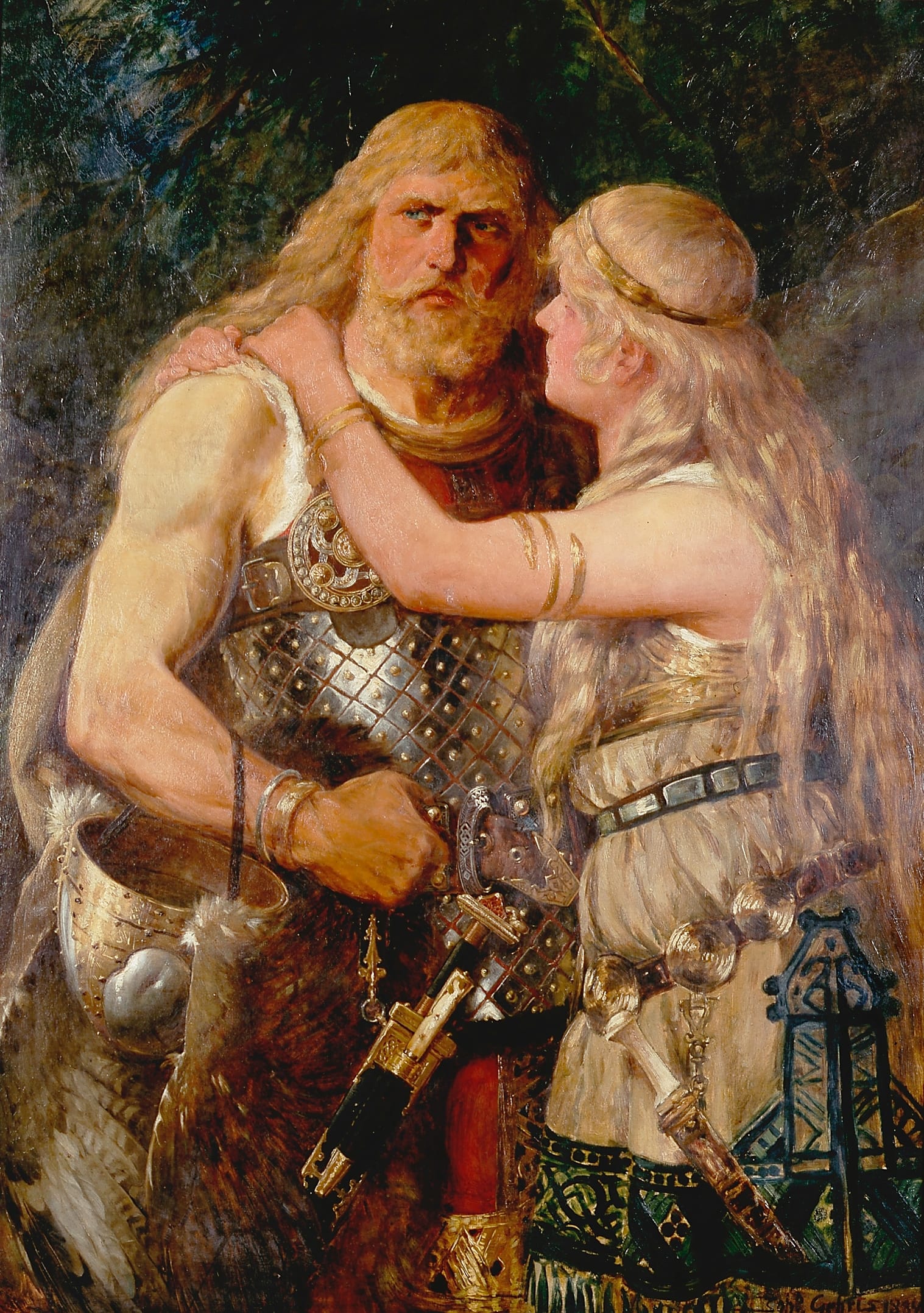
Tacitus on the other hand, speaks with admiration almost of the German way of life, he writes as if he sees a purpose in this different way of life, one that he was not familiar with and one that was totally different than the Roman one:
“In all their houses the children are reared naked and nasty; and thus grow into those limbs, into that bulk, which with marvel we behold. They are all nourished with the milk of their own mothers, and never surrendered to handmaids and nurses.
The lord you cannot discern from the slave, by any superior delicacy in rearing. Amongst the same cattle they promiscuously live, upon the same ground they without distinction lie, till at a proper age the free-born are parted from the rest, and their bravery recommend them to notice….
The moment they rise from sleep, which they generally prolong till late in the day, they bathe, most frequently in warm water; as in a country where the winter is very long and severe. From bathing, they sit down to meat; every man apart, upon a particular seat, and at a separate table.
They then proceed to their affairs, all in arms; as in arms, they no less frequently go to banquet. To continue drinking night and day without intermission, is a reproach to no man. Frequent then are their broils, as usual amongst men intoxicated with liquor; and such broils rarely terminate in angry words, but for the most part in maimings and slaughter.
Moreover in these their feasts, they generally deliberate about reconciling parties at enmity, about forming affinities, choosing of Princes, and finally about peace and war. For they judge, that at no season is the soul more open to thoughts that are artless and upright, or more fired with such as are great and bold.
This people, of themselves nowise subtile or politic, from the freedom of the place and occasion acquire still more frankness to disclose the most secret motions and purposes of their hearts. When therefore the minds of all have been once laid open and declared, on the day following the several sentiments are revised and canvassed; and to both conjectures of time, due regard is had.
They consult, when they know not how to dissemble; they determine, when they cannot mistake.”
Tacitus on Germany, translated by Thomas Gordon

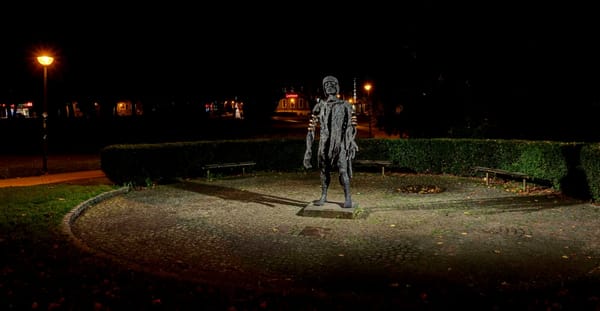
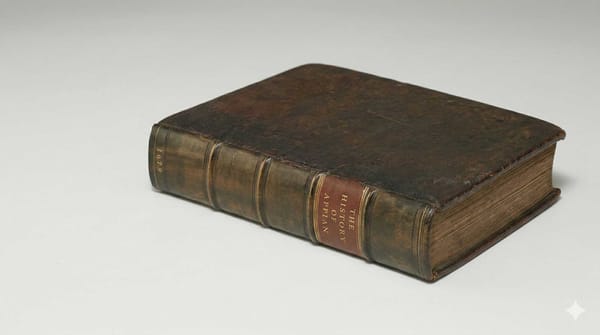

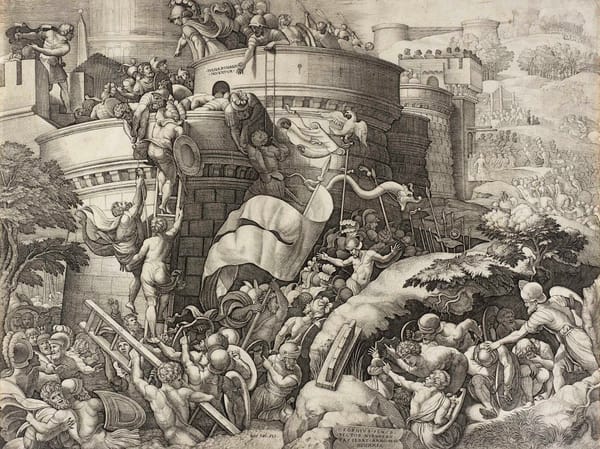
About the Roman Empire Times
See all the latest news for the Roman Empire, ancient Roman historical facts, anecdotes from Roman Times and stories from the Empire at romanempiretimes.com. Contact our newsroom to report an update or send your story, photos and videos. Follow RET on Google News, Flipboard and subscribe here to our daily email.
Follow the Roman Empire Times on social media: